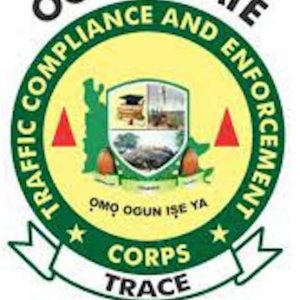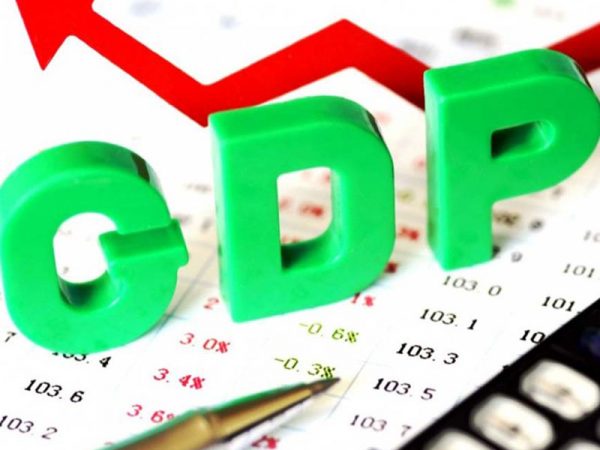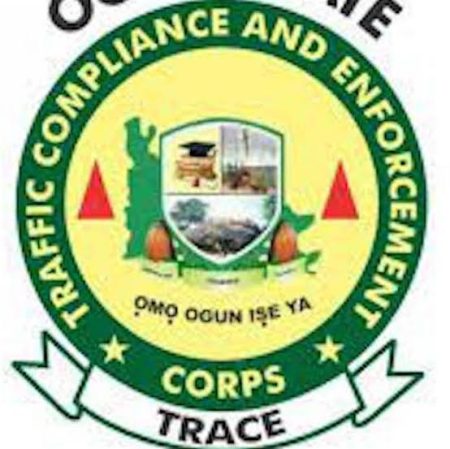The National Bureau of Statistics (NBS) of Nigeria has embarked on a groundbreaking initiative to calculate and publish Gross Domestic Product (GDP) data for each of the country’s 36 states and the Federal Capital Territory (FCT). This landmark project, announced by the Statistician-General, Prince Adeyemi Adeniran, aims to provide a granular view of the Nigerian economy, offering valuable insights into the economic performance and potential of individual states. Previously unavailable, this state-level GDP data will be a crucial tool for policymakers, investors, and researchers, enabling them to make more informed decisions based on a comprehensive understanding of regional economic strengths and weaknesses. The NBS is committed to completing this ambitious project within the next two months, leveraging data collected during the recent national GDP rebasing exercise and supplementing it with state-specific information gathered through surveys and administrative sources.
The initiative addresses a long-standing demand from various stakeholders, including state governments, who have consistently sought reliable state-level GDP data. This information is essential for understanding the economic landscape of each state, identifying investment opportunities, and formulating development strategies tailored to specific regional needs. The availability of this data will empower states to better assess their economic performance, benchmark against other regions, and attract investment by showcasing their unique economic strengths. Furthermore, it will provide a more nuanced understanding of the national economy as a whole, moving beyond aggregate figures to reveal the contributions of individual states and facilitating more targeted interventions to stimulate growth and development across the country.
The NBS recognizes that data production is only the first step. To maximize the impact of this initiative, the Bureau is prioritizing the ownership and utilization of the data by state governments. This involves actively engaging State Statistics Bureaus throughout the data compilation process to ensure their understanding and acceptance of the methodology and results. By fostering a sense of ownership, the NBS aims to empower states to actively utilize the data for policy formulation, program design, and evidence-based decision-making. This participatory approach is crucial for ensuring that the state-level GDP data becomes a valuable tool for driving economic development at the sub-national level.
The NBS is collaborating closely with state governments to ensure the successful completion and implementation of this project. The inaugural bi-annual meeting of the National Consultative Committee of Statistics, held in Katsina State, served as a platform to discuss the initiative and strategize on its effective implementation. The theme of the meeting, “Promoting Development at the Sub-national Level Through Improved State GDP Compilation,” underscores the importance of this project in driving economic progress across the country. The NBS is committed to working hand-in-hand with states to ensure that they are fully equipped to utilize the data effectively and integrate it into their development planning processes.
Katsina State, the host of the inaugural meeting, exemplifies the potential benefits of this initiative. Recognizing the importance of data-driven development, the state government has expressed its strong commitment to utilizing the forthcoming GDP data to inform policy decisions and attract investment. Highlighting the contribution of hospitality and tourism to the state’s economy, the Deputy Governor, Mallam Faruk Lawal Jobe, emphasized the importance of inclusive and pro-poor economic growth. He noted that recent policy reforms aimed at improving the ease of doing business have already started yielding positive results, attracting ambassadors, development partners, and international investors to explore opportunities in the state.
The compilation of state-level GDP data represents a significant step forward for Nigeria’s statistical system. This initiative will not only provide a more granular understanding of the national economy but also empower states to take ownership of their economic development trajectories. By providing access to reliable and comprehensive data, the NBS is equipping policymakers and investors with the information they need to make informed decisions and drive sustainable economic growth at both the state and national levels. This project promises to be a catalyst for more targeted and effective development strategies, ultimately contributing to the overall economic prosperity of Nigeria.














